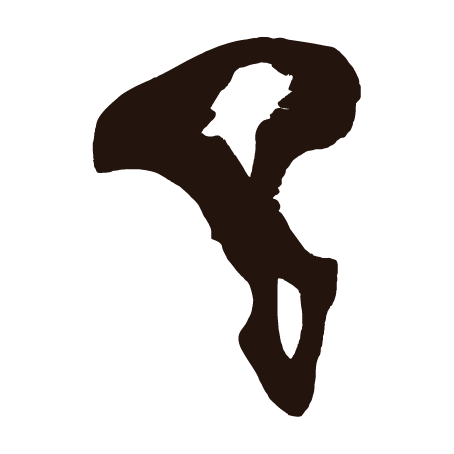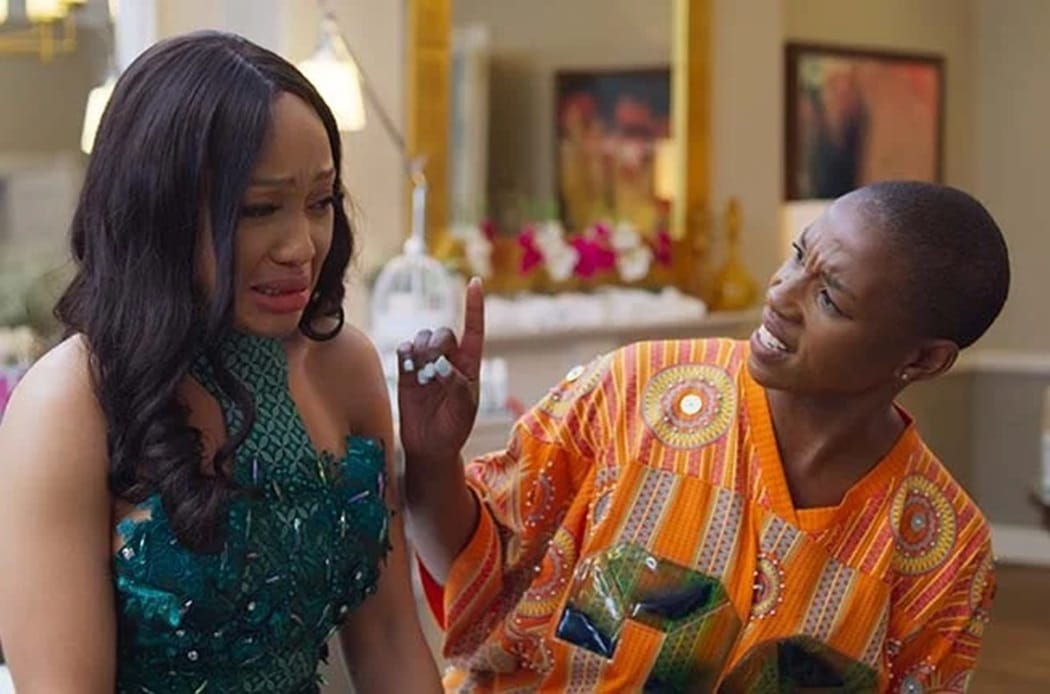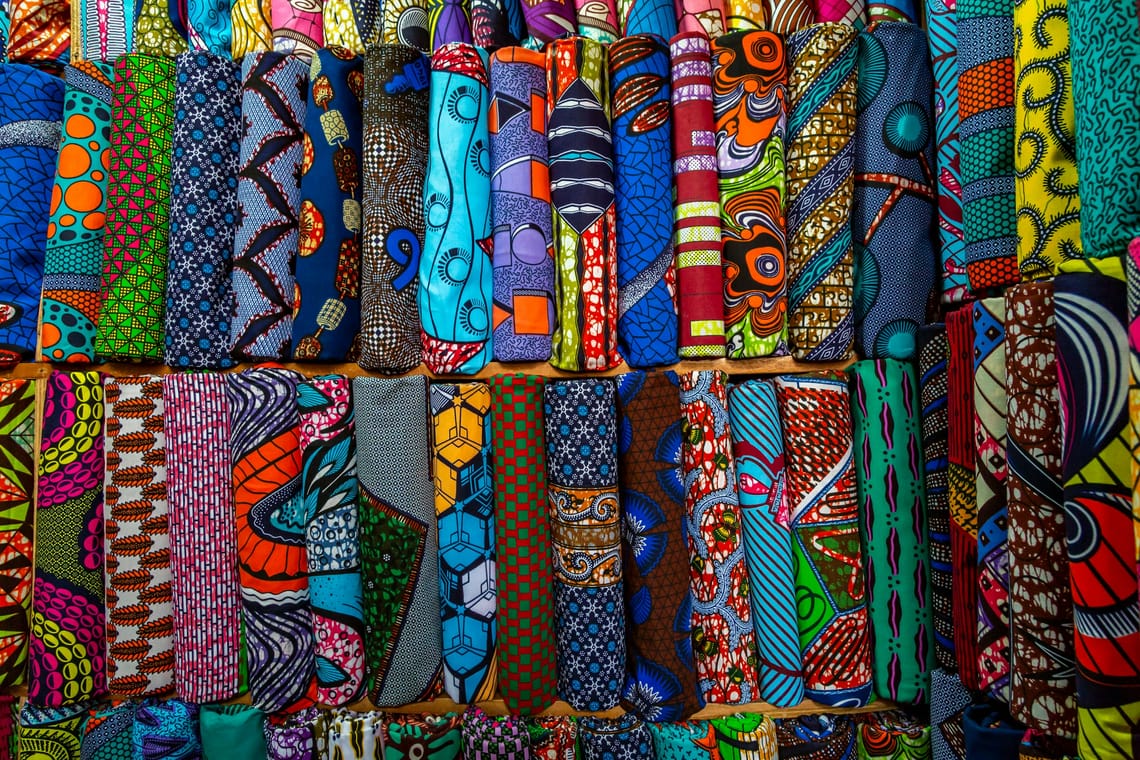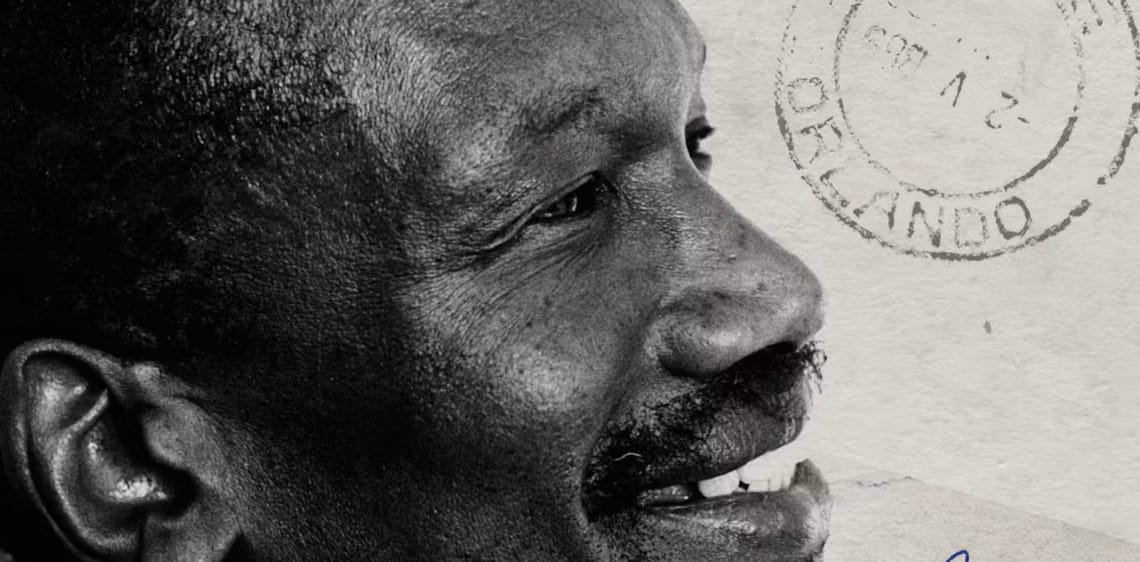Is it normal/standard for South Africans to switch between multiple languages in everyday, casual conversation? I was watching “How To Ruin Christmas: The Wedding” and noticed all the characters frequently switched between speaking English, Sotho, Tswana, Zulu, and Xhosa. They would even start a sentence off speaking in one language then end the sentence speaking another language.
I know South Africa is multilingual and has its 11 official languages, but is it normal for everyday conversation to be multilingual like that?
Yes was answer from a number of comments, this is normal, and this practice is called linguistic code-switching which occurs more often with those whose dominant language is not standard English. Code switching involves utilizing the entire sentences, phrases, and borrowed vocabulary from a different language. It is a prevalent linguistic occurrence observed among individuals who are bilingual or multilingual. In South African, people mix languages as they please from Setswana, isiXhosa, English to Afrikaans, to isiZulu.
But why do we code switch or to be correct when do we code-switch ….?
When we code-switch while having a conversation in English, we normally say it like in the social media streets … my English data bundles are depleted, because English gets tiring at times especially when you are not a regular speaker of English.
@glorycrownhair English data bundles 🤣🤣🤣 I see no colour, hear no language, see no religion, see no sexuality; We are all human ❣️ #Xhosahun #Rainibownation #Interracial #peoplesperson❤️ #southafricantiktok
♬ original sound - Glory Crown Hair Boutique
But we do code-switching even when we speak in other African languages ...? So, what can we make of that?
The United Language Group, who are language experts say in their analysis, …
We code-switch to identify with a particular social group—and most of the time, we don’t even realize we’re doing it. Code-switching happens subtly, and in more situations than with only bilingual speakers. Code-switches is more noticeable based on the social setting. When visiting your hometown, you might put much more emphasis into the regional dialect as an unconscious way to fit in. Code-switching is a powerful psychological tool, as well. When an individual uses a group’s dialect or accent, the audience is more receptive to the content.
Very interesting analysis, but I want to believe that there is another reason that we code-switch. At times, I think it is to express ones diversity, multilingualism, why not, and the magic of this happens in townships, where all languages are part of the conversation.
Townships are unique places in South Africa, from their scenery to its inhabitants’ townships oozes cultural diversity and embraces intercultural translation where cultures converge and are interested in each other and have a fair conversation.
I guess, in townships people love inclusivity, cultural expressions, and unity among diverse communities.
And, another reason why I think we code switch, is that speaking other people’s languages is a sign to recognize and respect “ways of being” that are not necessarily your own. To speak other people’s languages is to say I am interested in your culture and in your world.
So, we should know better, code switching especially switching from English does not necessarily mean I am uneducated or stupid, or I cannot speak English, or I am not an intellect.
Anyway, in your experience, why do you code switch?




